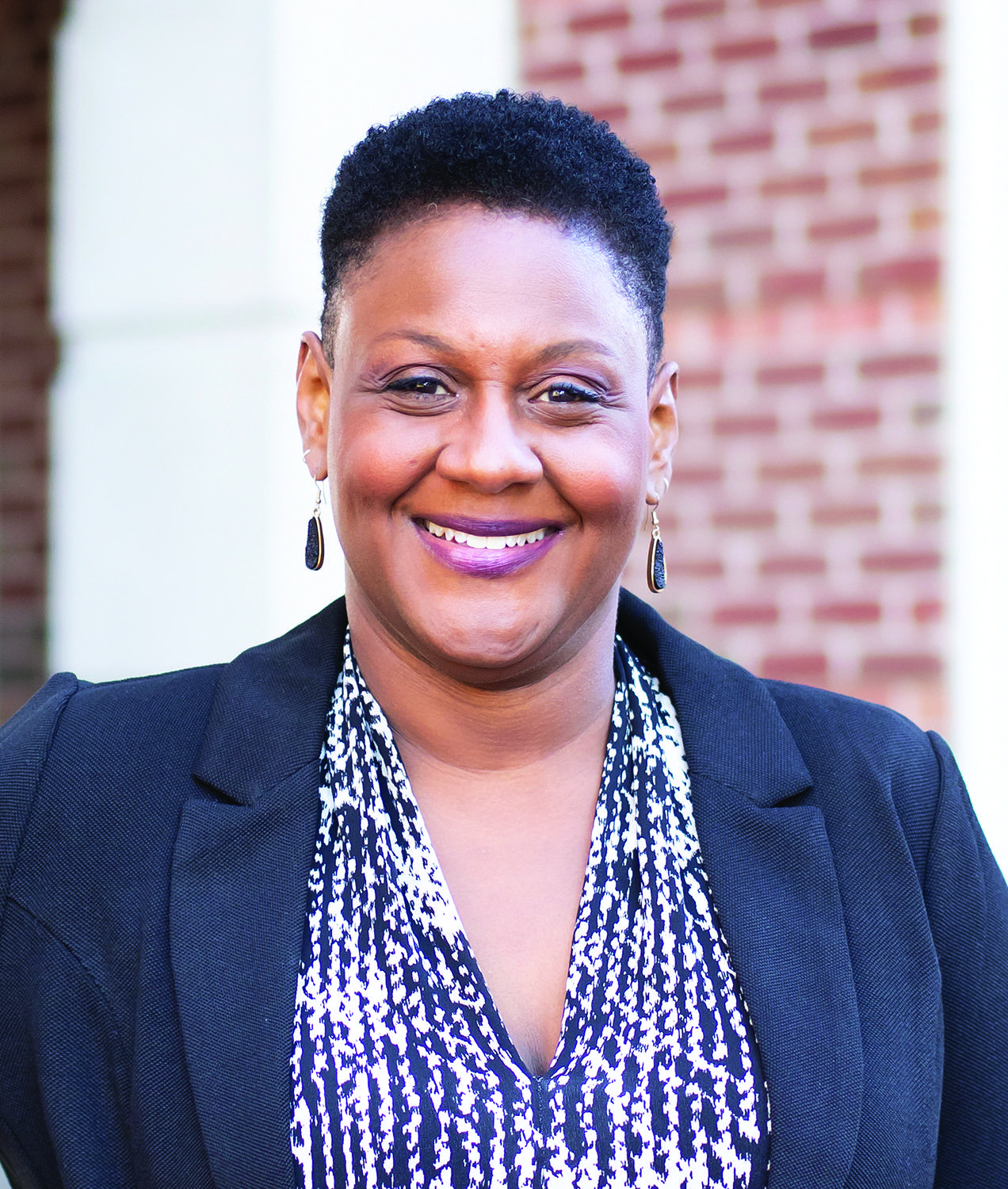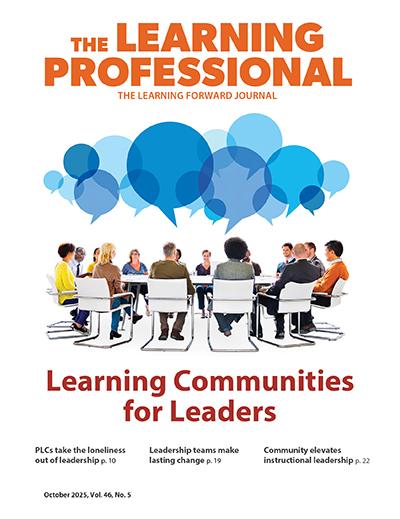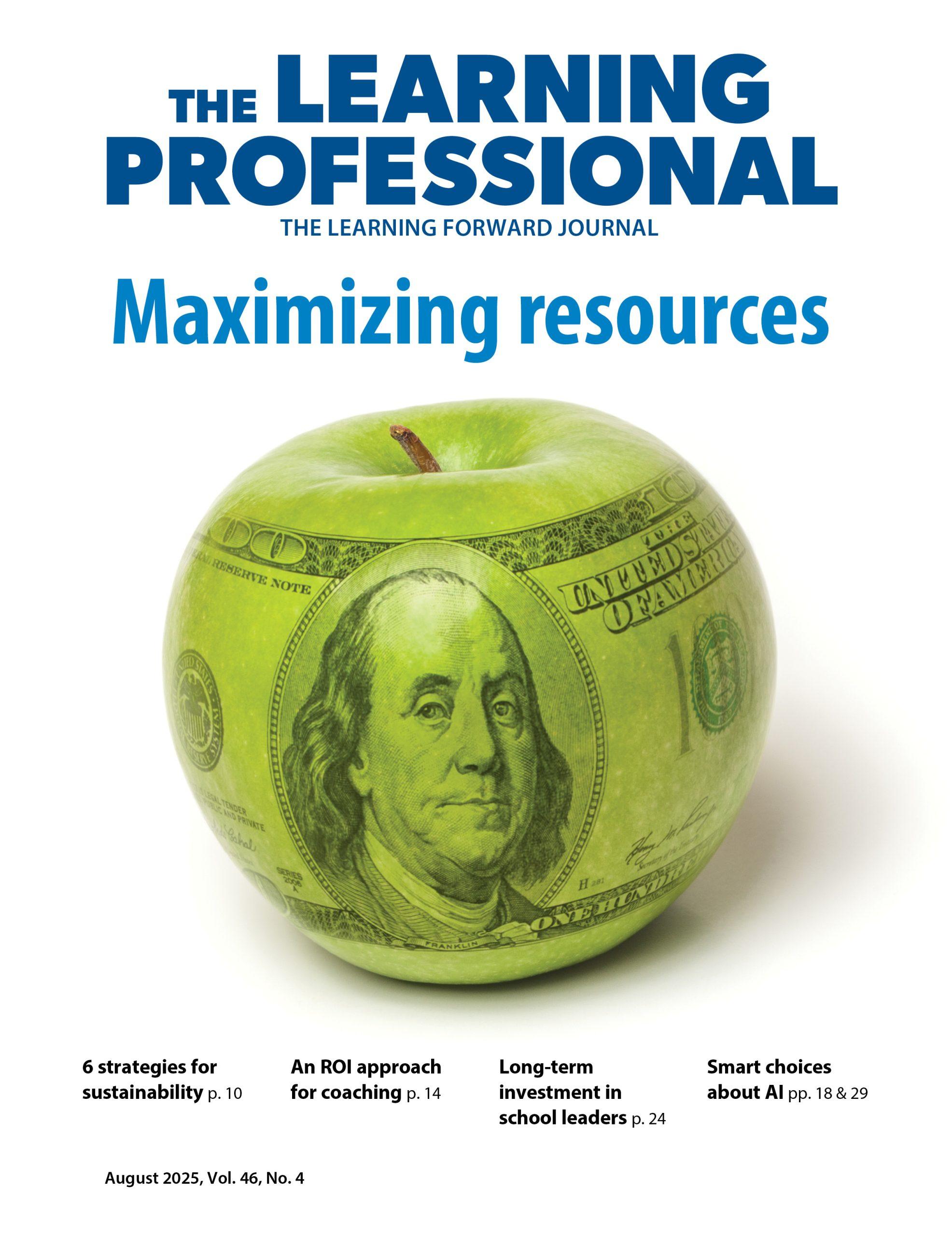TEACHERS ARE LEADERS
You don’t need a formal title to be a teacher leader
By Kim Richardson
Categories: Teacher leadershipApril 2025
Read the remaining content with membership access. Join or log in below to continue.
Sed ut perspiciatis unde omnis iste natus error sit voluptatem accusantium doloremque laudantium, totam rem aperiam, eaque ipsa quae ab illo inventore veritatis et quasi architecto beatae vitae dicta sunt explicabo. Nemo enim ipsam voluptatem quia voluptas sit aspernatur aut odit aut fugit, sed quia consequuntur magni dolores eos qui ratione voluptatem sequi nesciunt. Neque porro quisquam est, qui dolorem ipsum quia dolor sit amet, consectetur, adipisci velit, sed quia non numquam eius modi tempora incidunt ut labore et dolore magnam aliquam quaerat voluptatem.
References
Danielson, C. (2007). The many faces of leadership. Educational Leadership, 65(1), 14-19.
French, J.R.P., Jr. & Raven, B. (1959). The bases of social power. In D. Cartwright (Ed.), Studies in social power (pp. 150-167). University of Michigan.
Wenner, J.A. & Campbell, T. (2017). The theoretical and empirical basis of teacher leadership: A review of the literature. Review of Educational Research, 87(1), 134-171.
York-Barr, J. & Duke, K. (2004). What do we know about teacher leadership? Findings from two decades of scholarship. Review of Educational Research, 74(3), 255-316.

Dr. Kim Richardson is a powerhouse in educational leadership and coaching. Dr. Kim holds a Professional Certified Coach (PCC®) designation from the International Coaching Federation (ICF) and serves as Regional Engagement Director for Learning Forward Virginia. She’s also a member of the VASCD Annual Conference Planning Committee. Dr. Kim created the Radical Learners course, Coaching for Connection, Certainty, and Autonomy, for Jim Knight’s Instructional Coach Group, and she and her district’s coaching program were even spotlighted in Knight’s book, Focus on Teachers. In her current role as the Director of Induction and Development for Hampton City Schools, Dr. Kim leads professional learning for school and district leaders and teams, digging deep into instruction, coaching, and leadership development. Her work is inspired by her dissertation, where she found that great leaders, especially coaches, are enlisted and developed! Among her many roles, Dr. Kim’s all-time favorite was serving as an Instructional Coaching Coordinator, where she built and led the district’s coaching program from the ground up. This initiative has become a cornerstone of the district’s success, providing ongoing training and leadership for coaches and specialists. Her background also includes experience as an elementary school principal, technology specialist, coach, and classroom teacher. Outside the office, Dr. Kim is all about family time with her husband, three sons, daughter-in-law, and her one-year-old granddaughter. She also gets her groove on every Saturday as a Zumba® fitness instructor, dancing her way to joy and energy!
Categories: Teacher leadership
Recent Issues
MAXIMIZING RESOURCES
August 2025
This issue offers advice about making the most of professional learning...
MEASURING LEARNING
June 2025
To know if your professional learning is successful, measure educators’...
NAVIGATING NEW ROLES
April 2025
Whether you’re new to your role or supporting others who are new,...
LEARNING DESIGNS
February 2025
How we learn influences what we learn. This issue shares essential...











